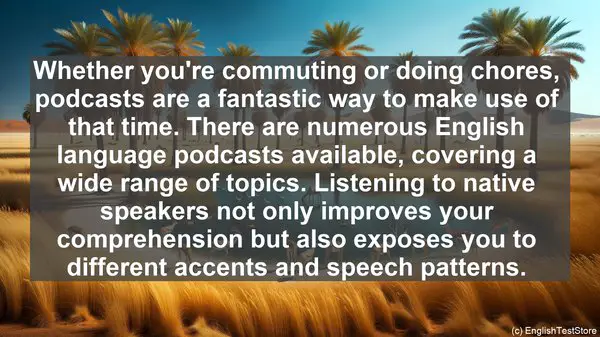Introduction: The Power of Technology in Language Learning
As an English teacher, I’m often asked about the best ways to improve language skills. And in today’s digital age, technology plays a crucial role. It’s not just about using gadgets, but leveraging the right tools and resources. So, in this video, I’ll be sharing my top 10 tips for utilizing technology in advanced English learning at the B2 level. Let’s get started!
1. Language Learning Apps: More Than Just Games
We all love our smartphones, and language learning apps make them even more valuable. From vocabulary builders to interactive exercises, these apps offer a wide range of features. But remember, it’s not just about completing levels. Take time to understand the explanations and practice using the words in context. Consistency is key!
2. Online Language Communities: Learning from Peers
Learning a language is not a solitary journey. Online communities, like forums and social media groups, provide a platform to interact with fellow learners. You can ask questions, share resources, and even practice speaking through voice chats. It’s a supportive environment that enhances your learning experience.
3. Podcasts: Learning on the Go
Whether you’re commuting or doing chores, podcasts are a fantastic way to make use of that time. There are numerous English language podcasts available, covering a wide range of topics. Listening to native speakers not only improves your comprehension but also exposes you to different accents and speech patterns.

4. YouTube: Beyond Entertainment
YouTube is not just for cat videos and music. It’s a treasure trove of educational content. You can find channels dedicated to English lessons, grammar explanations, and even TED Talks. The visual aspect makes it engaging, and you can always replay or slow down the videos if needed.
5. Online Tutors: Personalized Guidance
While self-study is essential, having an expert guide can make a world of difference. Online tutoring platforms connect you with experienced teachers who can tailor the lessons to your needs. They provide feedback, correct your mistakes, and offer insights that you might miss on your own.

6. Language Exchange: Learning from Native Speakers
One of the best ways to improve your speaking skills is by conversing with native speakers. Language exchange platforms, both online and offline, allow you to connect with people who are learning your native language. You can have conversations, correct each other’s mistakes, and learn about different cultures in the process.
7. Online Writing Tools: Polishing Your Texts
Writing is a crucial skill, and online tools can help you refine your work. Grammar checkers, spell checkers, and even style suggestions are just a click away. But don’t rely solely on them. Understand the corrections, learn from them, and gradually improve your writing abilities.
8. Virtual Language Immersion: Creating an English Environment
Not everyone can travel to an English-speaking country, but you can bring that environment to your home. Virtual language immersion programs simulate real-life situations, like ordering food or booking a hotel. By actively participating, you not only practice the language but also gain cultural insights.
9. Online Quizzes and Tests: Assessing Your Progress
Regular assessment is crucial to track your progress. Online quizzes and tests not only provide an objective evaluation but also help you identify areas that need improvement. Many platforms offer detailed feedback, allowing you to focus on specific skills or topics.
10. Time Management: Balancing Technology and Traditional Methods
While technology offers numerous advantages, it’s important to strike a balance. Don’t neglect traditional methods like reading physical books or attending language exchange meetups. Each has its own benefits, and a well-rounded approach ensures comprehensive learning.
